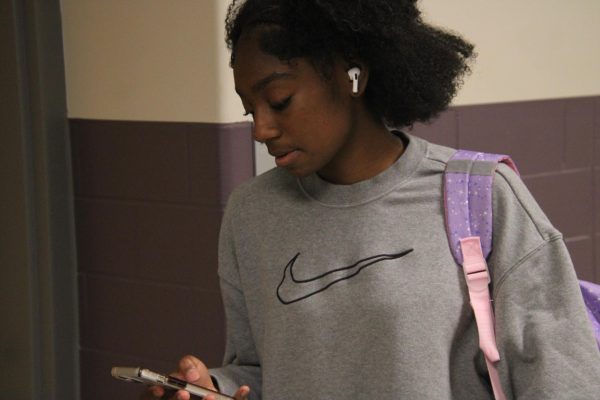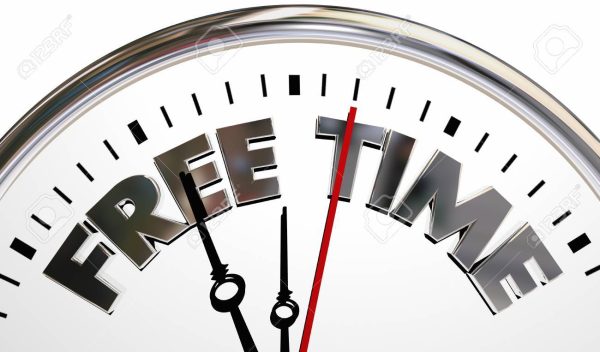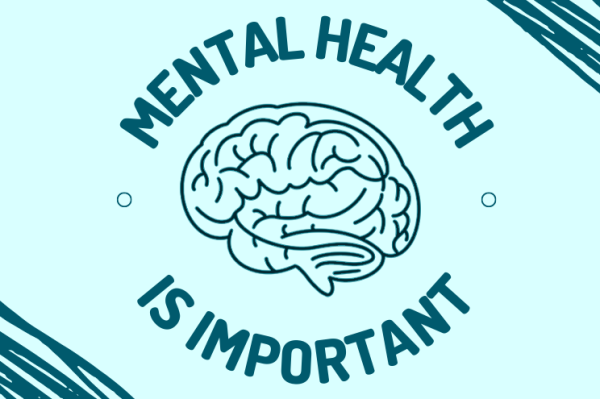Diversity in video games
In a world filled to the brim with diverse religions, races, genders and sexual orientations, it comes as a surprise to many that today’s pop culture has not yet recognized the world for its vast culture pot.
A perfect example of this is the current string of video games featuring oddly similar straight, white, cisgender male protagonists. This usually grizzly character can be seen in video games such as The Last of Us, Wolfenstein, Dying Light, The Evil Within and Murdered: Soul Suspect.
Imagine a young African-American girl who has played video games for as long as she can remember. She sees all the amazing new games being produced and buys them excitedly.
Something is immediately off about them, however. It seems that every new game has a Caucasian man as the protagonist. This makes the young girl feel a strong sense of self- deprecation and she grows up thinking that only a white man can do amazing things. She believes that a black girl such as herself could never be the hero.
Such a scenario as this one happens to millions of kids. Children and teenagers all over the world grow up seeing a white man in games. Girls from all backgrounds struggle and drown in the vast sea of male characters and think that they are only good for a love interest or to fuel the man-pain in movies and video games alike.
To say that race and sex are the only problems in video games would be shortsighted. Many religions, sexual orientations, disabilities and genders are terribly unrepresented in pop culture as well.
When was the last time you saw a Muslim girl in Hijab as the main character of a video game? How many homosexual characters are in games? I can’t remember ever playing a game with a transgender person as the hero.
And while we are thankful for the few games that do feature less represented types of people, such as the new Infamous: Second Son game for the PS4 (which has a Native American as the protagonist), I’m sure the world could benefit from a few more butt-kicking Hispanic women, or a heroic bisexual boy.
“Diversity in video games can show kids that just because you’re not a white guy doesn’t mean you can’t be awesome”, sophomore Evan Lilley said.
“If there are more relatable role models for kids, they will grow up to be better people”, sophomore Jeremiah Mitchell said.
This is extremely important for kids living in bad situations who play video games as a way of expressing themselves and escaping from their troubles. To see people like themselves push through their struggles, it empowers kids to make positive changes in their own lives.
Video game characters play an important part in the lives of millions, young and old and what people need more than anything right now is hope. Hope that they can get past their disadvantages in life and make something of themselves.
This, among so many other things, is why we need diversity in video games.







Christian Hausaman • Mar 16, 2015 at 8:57 AM
I argue that video games should be seen with the same lens we view Movies on? Are movies white male-centric? The ones that we frequently discuss and praise for the most part are. a video game is an interactive experience of a pre-determined story and to suggest that developers, who are predominately white males and Japanese males, should deviate from the people that they know is ridiculous to me. The reason why LGBT is underrepresented is due to the fact that there are no LGBT developers. If you want diversity in video games where a woman or a black woman or a black male or a gay man or a transgender female or anything-go make those games. If you sit on the sideline and are a passive consumer but don’t contribute to the development of this media space, I think its reckless to point fingers.